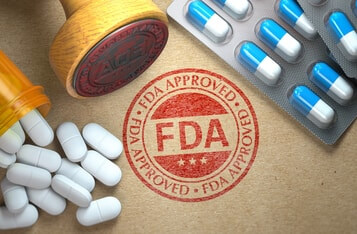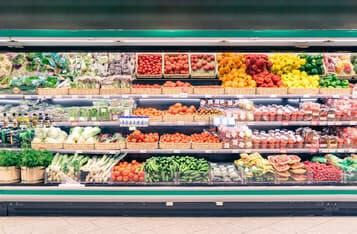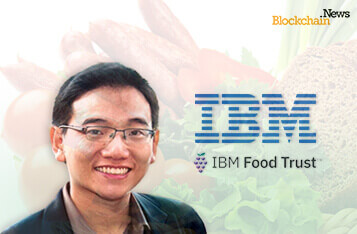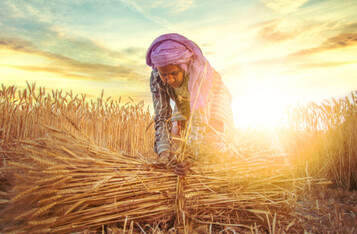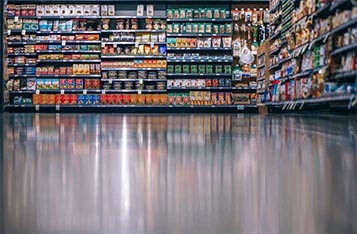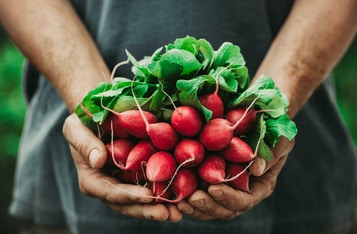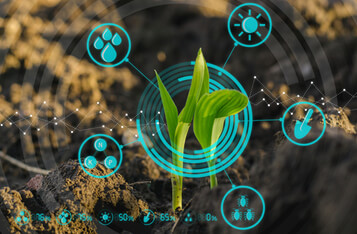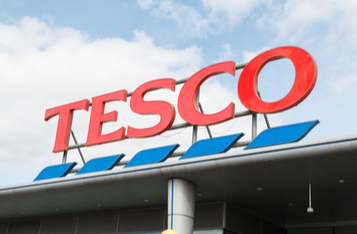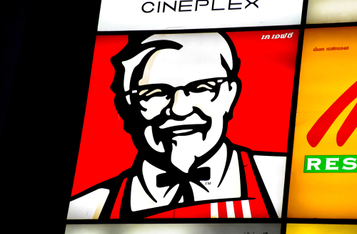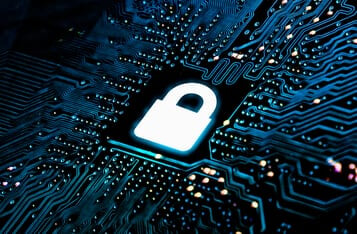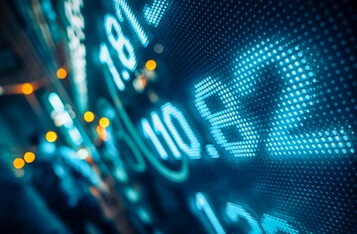Search Results for "food security"
US Government Considers Blockchain as a Stepping Stone to Smarter Food Security
The US government, through its federal agency the Food and Drug Administration (FDA) mandated with protecting the country’s food supply and public health, has earmarked blockchain as one of the technological innovations that will prompt traceability and a food safety culture.
Mastercard Blockchain to Trace Produce for the Largest American Food Group
Mastercard is collaborating with Envisible, a supply-chain company, to allow the traceability of the origin of food products via Mastercard's blockchain-based Provenance Solution.
IBM Food Trust: Cutting Through the Complexity of the World’s Food Supply with Blockchain
IBM Food Trust was first launched in August 2017, with 10 Foundation members aiming to use blockchain in food traceability to solve issues in the food supply chain. Prior to the launch, IBM, Walmart and Tsinghua University announced a collaboration to improve the way food is tracked, transported and sold to customers in China. Juniper Research recently announced that IBM Food Trust is one of the leading blockchain players in the food provenance space.
Blockchain, Our Growing Global Population, and Food Resources
With an evergrowing population, can blockchain aid in fighting against food shortages and supply chain problems?
Dubai’s Free Zone to Bridge the UAE-India Agriculture Trade Gap with Blockchain
Dubai Multi Commodities Centre has established a blockchain agriculture trading and sourcing platform to link India's rural farmers with the UAE food sector.
Yonghui, Hema among supermarkets singled out by China's food safety watchdog for breaches
Market regulator highlights 11 cases where supermarkets and online platforms sold food products that did not meet national food safety standards
How Can Blockchain Be Used to Save $31 Billion in Costs in the Food Industry?
Blockchain, along with the internet of things (IoT) trackers and sensors, could reduce costs for retailers. New data from Juniper research showed that blockchain will be essential to $31 billion in “food fraud savings” by 2024 by tracking food across the supply chain.
US FDA Calls Meeting on Blockchain, AI and the New Era of Smarter Food Safety
The FDA will hold a meeting on October 21st, with the aim of gathering input and feedback to help shape an FDA blueprint for the initiative. The FDA will propose leveraging modern technologies such as blockchain, artificial intelligence, and IoT to improve the transparency and decrease the risks of contamination in the food supply chain.
British Farmer Attempted £1.4M Bitcoin Extortion from Tesco by Contaminating Baby Food
Nigel Wright, a 45-year-old sheep farmer from Lincolnshire, England, has been accused of trying to extort Bitcoin worth £1.4 million, approximately $1.8 million, from retail giant Tesco. He made this blackmail to reveal the Tesco stores he had planted the contaminated baby food.
KFC Opts for Blockchain-Based Media Buying and Digital Advertisements for its Middle East Customers
KFC, a leading American fast food chain, seeks to change the face of the quick-service restaurant (QSR) sector by establishing a blockchain platform in the Middle East for more transparent and efficient media buying and digital advertisements.
Peertec Joins Hands with Penta Security for Blockchain-Enabled Infrastructural Security
Peertec, a leading blockchain-focused fintech firm, has revealed its strategic collaboration with Penta Security, a highly valued web and data security company. The partnership is expected to boost Peertec’s infrastructure security using blockchain technology. The safety of its GDAC cryptocurrency exchange and services is also expected to be strengthened.
DLA Piper: Security Tokenization in Hong Kong
Security tokenization is the representation of fractional interests in an asset using blockchain. A security token derives its value from an underlying asset, such as a work of art. This differs from a utility token, which gives a holder the right to use a particular product or service, or a cryptocurrency such as Bitcoin, which has its own value as a currency.
